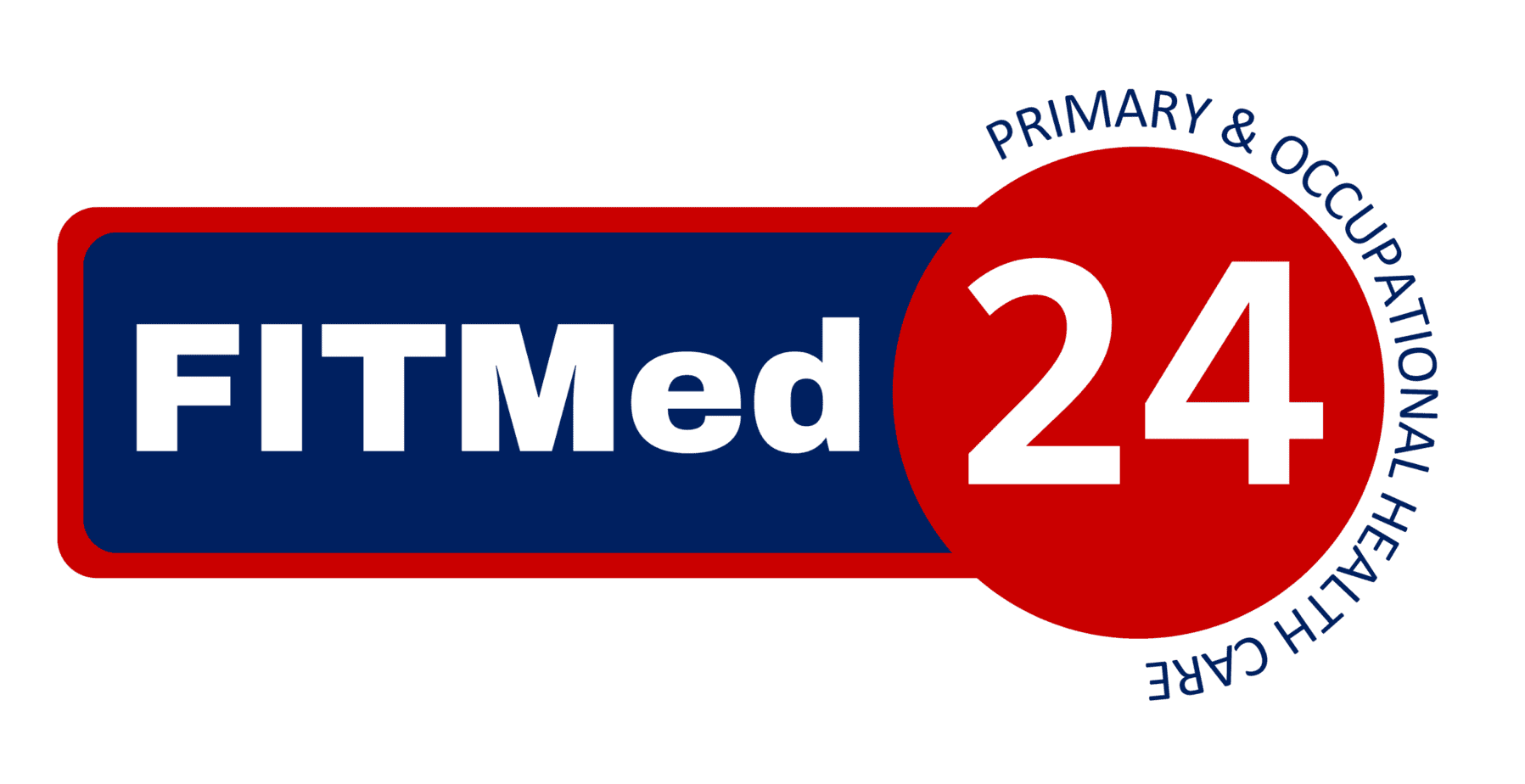The role of those responsible for ensuring health and safety in the workplace, now commonly described as industrial hygiene, is to identify potential hazards and to institute measures to ensure that any threat posed to workers is eliminated or kept within acceptable limits. By contrast, the focus of occupational health services is more about establishing the fitness of a worker to perform his or her designated tasks. Not to be confused with proficiency testing, in this case, it is the physical suitability of an employee to undertake a given task that these services are intended to evaluate.
The conditions under which workers are required to perform can vary quite widely, and part of ensuring their health and safety at work is to make quite certain that they are physically equipped to handle those conditions. For example, should an employer wish to hire staff to work in a food processing plant, the role of an occupational health services specialist would be to examine the prospective employees for any evidence that one of them could be a symptomless carrier of E.coli or some other potential gastrointestinal pathogen.
In a similar vein, imagine the consequences of hiring a construction worker who, at some stage. is required to work on the upper level of a high-rise building, should that worker fall and become seriously injured or worse. A straightforward mistake due to carelessness would be bad enough, but what if that worker experienced severe vertigo and lost balance? It is precisely to prevent occurrences, such as this, that occupational health services are available to employers. In this case, failure to spot that a prospective employee was a victim of Meniere’s disease could leave an employer exposed to costly legal action. In this respect, these services are as much a source of protection for employers as they are for employees.
Speaking of industrial compensation claims, one of the greatest benefits available to any employer is to have a record of each employee’s state of health from the point at which he or she joined the company to his or her date of departure, If, for example, a departing employee should claim to have developed noise-induced hearing loss on the job, the records kept by an occupational health services company could prove unequivocally that the claimant’s hearing was no worse than when he or she was first employed.
Fitness for work will often be taken for granted when an employee returns to work following an injury or a bout of illness. Once again, should this prove untrue, there could be serious consequences. This is yet another example of how occupational health services protect workers and employers across South Africa.

